Table of Contents
Mushrooms can be composted because they break down more quickly than most organic wastes. Your compost pile and garden will highly benefit from the inclusion of mushroom scraps and their mineral content.
Some composters worry about the possible spread of fungi or mushrooms in their compost. However, this shouldn’t be a concern. Mushrooms in the pile will help break down woody materials. Most carbon materials like a mix of straw or untreated wood chips, have cellulose and lignin that work well as substrate for mushroom growth. Additionally, the mycelium network or mushroom spawn assists in distributing nutrients throughout a pile, yielding an evenly nutritious compost.
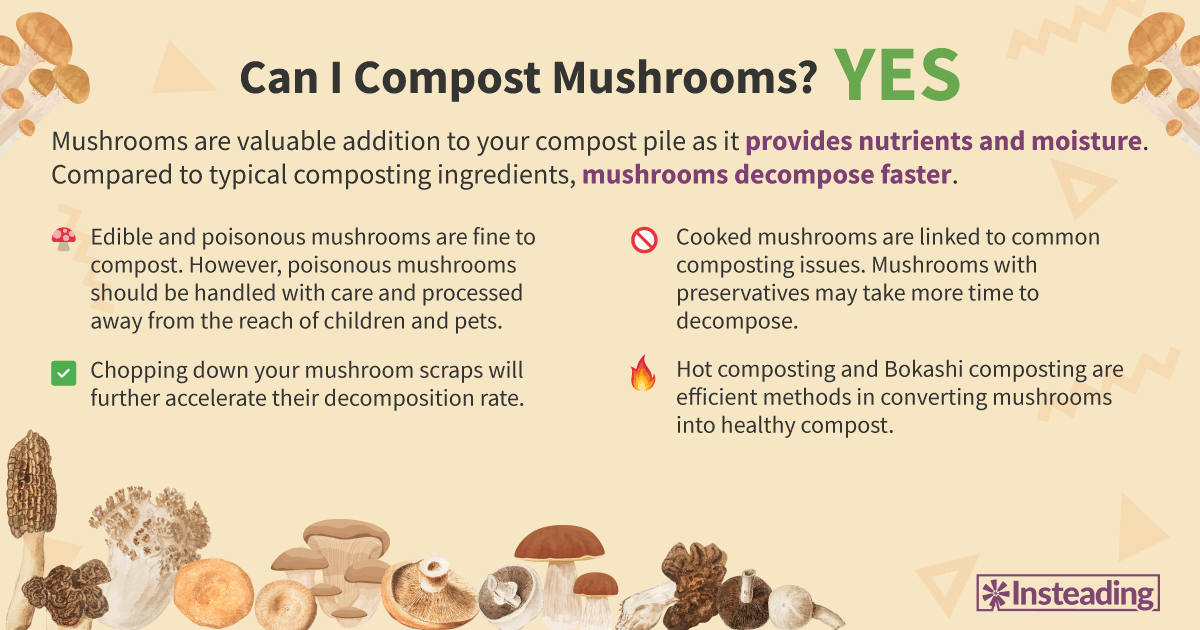
Precautionary steps should be taken to ensure safe composting, especially when handling poisonous mushrooms.
Learn more about the nuances and methods of converting mushrooms below.
How to Compost Mushrooms
You can incorporate both wild and store-bought mushrooms into your compost pile. Proper preparation can speed up the decomposition of these organic wastes. Mushroom microbes assist in maintaining optimal temperatures in hot piles, and will eventually decompose, releasing essential nutrients such as copper, phosphorus, and potassium.
Preparing Mushrooms for Composting
Composting mushrooms requires minimal preparation.
You can add raw mushroom peelings and stalks to your compost bin or pile. If you have a large quantity of mushroom scraps, you can include them all at once, but be sure to balance the pile with an appropriate ratio of carbon-rich brown materials.
To accelerate their decomposition, consider cutting your mushrooms into smaller pieces. Generally, smaller organic wastes decompose faster. Whole mushrooms will disintegrate significantly slower than chopped.
Be cautious when adding cooked mushrooms as they can attract pests and trigger anaerobic decomposition. If your mushrooms were seasoned with dairy, oils, or sauces, make sure to rinse them thoroughly, and chop them into smaller pieces before adding them to the pile.
Mushrooms treated with preservatives should be managed carefully as they might not decompose evenly.
Optimal Composting Conditions for Mushrooms
Treat your mushroom scraps as nitrogen-rich green materials. They stimulate microbial growth and activity in your compost heap. For the best compost quality, strive for a carbon:nitrogen ratio of 25 to 30 parts brown ingredients for every 1 part green ingredients. Good sources of carbon include brown cardboard, dead leaves, and untreated sawdust or wood chips. For mushroom growers, they are an ideal growing medium for fungi.
Conversely, coffee grounds, fresh grass clippings, and fruit and vegetable trimmings, are excellent sources of nitrogen.
Furthermore, the excess moisture in decaying carbon and nitrogen materials creates the perfect conditions for fungi and mushroom growth.
Mushrooms in your compost heap assist in breaking down woody materials rich in cellulose and lignin. Their growth also leads to the development of web-like mycelium networks, facilitating nutrient distribution throughout the pile.
Nevertheless, some types of mushrooms can be toxic, posing a health threat to children or pests when ingested. To prevent further spread in your compost pile, remove these fungi before they can release their mushroom spores.
When hot composting mushrooms, aim for the temperature range of 140 to 155 degrees Fahrenheit. Turning organic materials regularly will allow oxygen to seep through them. Manage the pile’s moisture levels — integrate more carbon material if it becomes too wet. You can closely monitor your compost pile’s internal temperature by using a long-stemmed backyard thermometer.
How Long Do Mushrooms Take to Compost?
In a well-maintained pile, mushrooms can decompose within 1 to 2 weeks. Availability of oxygen, heat, and moisture are determining factors on how quick your mushroom scraps break down.
How Mushrooms Affect the Composting Process
Adding mushroom scraps significantly impacts the composting process due to the valuable nutrients that enrich your compost.
Poisonous mushrooms have no impact on compost and shouldn’t cause problematic issues when applied to your garden soil and plants.
Impact on Decomposition
Mushrooms can improve your compost pile’s efficiency in processing organic wastes. The nitrogen and moisture content from these scraps are crucial to a successful compost. You should avoid commercially available mushrooms treated with preservatives, however. They won’t decompose as evenly as the rest of your compost pile.
Typically, mushroom caps and their woody stems decompose quickly.
Microbial Activity
Mushrooms provide nitrogen to your compost pile, stimulating microbial growth and aiding decomposition of organic materials. A well-balanced mix of carbon-rich and nitrogen-rich ingredients creates favorable conditions for these composting microorganisms.
Temperature and Moisture
Mushrooms can increase the pile’s moisture levels. Keep your mushroom compost wet, but not soggy. Too much water can lower the compost pile’s internal temperature, and slow down the decomposition of materials.
When combined with other brown materials, mushrooms enable healthy microbial activity, heating up the pile.
Potential Issues With Composting Mushrooms
Take precautionary steps to successfully compost mushrooms and prevent potential risks.
Will Composting Mushrooms Attract Pests?
Mushrooms may draw in pests such as flies and other bugs. To prevent these pests from reaching your mushroom scraps, bury them deep in the center of the compost pile.
Additionally, consider sealing your bin or covering an open pile with a metal or wood sheet.
Will Composting Mushrooms Cause Odors?
Decomposing mushrooms can emit minimal odors. In a mismanaged pile, anaerobic decomposition can add to unpleasant smells. To minimize this risk, maintain ideal conditions and avoid excess moisture in your compost pile.
If your mushroom compost has started to smell due to anaerobic conditions, add more carbon materials until the excess moisture decreases.
Methods for Composting Mushrooms
Most composting methods can process mushrooms into nutrient-rich compost — some yield compost faster, while others are more prone to issues.
Hot Composting
Hot composting is suitable for mushroom scraps. By including chopped mushrooms, you provide your hot compost pile with essential nutrients that aid the growth and activity of composting microorganisms.
Continuous activity and development of these microorganisms generate heat hot enough to “cook” organic wastes.
To start hot composting mushrooms, combine the scraps with other compost ingredients. Follow the 30:1 carbon to nitrogen ratio. Pro tip: Place your mushroom pieces deep within the hot pile, where temperatures are higher. Doing this will speed up decomposition.
Hot composting mushrooms may not be practical for some gardeners as it requires more monitoring. Constant turning and temperature checks should be carried out throughout the composting activity. Hot piles should go as high as 140 to 155 degrees Fahrenheit to prevent unintentional regrowth.
Cold Composting
Cold composting can work when dealing with mushroom wastes, but it can present some issues — especially if you plan to cold compost cooked mushrooms.
Lacking heat, cold piles are low maintenance, as they mostly rely on naturally occurring bacteria, fungi, and insects to decompose organic matter. Little to no human intervention is needed during the composting process.
Be aware that the inclusion of cooked mushrooms in cold piles can incite certain composting issues. The decomposition rate of cooked mushroom scraps is slow, making a pile vulnerable to pest problems for a significant amount of time. You can alleviate this risk by covering your cold pile with a seal.
Vermicomposting
You can safely add minimal pieces of mushrooms to your worm bin. Vermicomposting involves a species of worm to digest and break down organic materials. The resulting worm castings work well as a healthy soil additive for your flower beds and vegetable gardens.
The active movement of worms can disrupt growth of mycelium networks in your farm, reducing the risk of fruiting fungi and mushroom growth. However, if there’s already mushroom growth in your compost, do not worry. It can help break down woody materials, specifically your farm’s worm bedding.
Be cautious when including cooked mushrooms in your vermicompost bin. Heavily seasoned mushrooms with dairy, oils, sauces, or other preservatives can harm your worm farm and cause issues in the bin.
Bokashi Composting
If you do not have a lot of outdoor space, Bokashi composting mushrooms might be the best option for you. Originating from Japan and Korea, this technique involves a unique inoculated bran and specialized Bokashi bucket. Organic wastes — food scraps primarily — ferment inside the Bokashi bucket without oxygen. Fermenting microorganisms from the Bokashi bran usually thrive in carbohydrates and proteins found in food wastes like mushrooms.
Furthermore, Bokashi bins can process unconventional kitchen scraps like dairy and meat. Because it is sealed, concerns on pests and smells are minimized.
Alternatives to Composting Mushrooms
Not all homes have a readily available compost pile. Consider other sustainable options below.
Industrial Composting of Mushrooms
Commercial composting centers operate at high temperatures that can convert mushroom waste into compost. This is a good choice if a home compost isn’t possible.
Every facility varies in how they accept such waste. They typically offer curbside pick-ups and drop-off locations. Contact your nearest composting facility to learn more.
Upcycling Mushrooms
Some food manufacturers accept raw mushroom scraps to upcycle into new products.
One of the key ingredients in the product line of Shroomeats is upcycled shiitake mushrooms. They offer plant-based meat alternatives in hope of enhancing nutrition and lessening the use of livestock in processed food.
There are current projects that explore the value of upcycling mushroom wastes into other bio-based products such as enzymes, organic pesticides, and fertilizers.
Feeding Mushrooms to Chicken and Livestock
Edible mushrooms can be combined with your animal feed as a nutritional supplement.
When feeding mushrooms, it’s best to chop them first. Doing this step will prevent choking when your chickens or livestock eat the mushroom scraps.
Feeding mushrooms to chickens improves their gut health and egg quality according to Polish researchers. Furthermore, recent studies have also determined that addition of mushroom waste raises the efficiency of feedstuff for livestock suffering from heat stress and weakness.
Disposal Options for Mushrooms
If none of these options are feasible, collect your mushrooms wastes and dispose of them in an appropriate bin. You can seal your mushrooms in a biodegradable bag to prevent pests.
What Mushrooms Shouldn’t Be Composted?
Risks of attracting pests and unpleasant smells are linked to cooked mushrooms. Add them to your bin or pile with caution.
Excessive amounts of dairy, preservatives, oils, and sauces from seasoned mushrooms can inhibit proper decomposition of your materials and trigger anaerobic decomposition in regular compost piles.
If you want to secure your compost from these issues, exclude these types of mushrooms.
Safety and Precautions When Composting Mushrooms
If you are composting poisonous wild mushrooms, keep your compost bin or pile away from the reach of children and household pets. For composters and gardeners with impaired immunity, wear a pair of gloves and a face mask to protect yourself from health risks associated with mushrooms, fungi, and their spores.
After composting activity, wash your hands with running water and soap.
FAQ
Can you compost cooked and raw mushrooms?
Raw and cooked mushrooms can be added to your compost pile. Be cautious with cooked mushrooms as they can cause composting problems and slow down decomposition.
What nutrients do mushrooms add to compost?
Minerals like copper, phosphorus, and potassium are found in mushrooms, which can improve soil quality and support plant growth in your garden.
Is feeding mushrooms beneficial to chickens?
Research suggests that feeding mushrooms to chickens can support their gut health, and improve egg quality. Mushrooms should be added to their diet gradually as a feed additive and not as a primary food source.




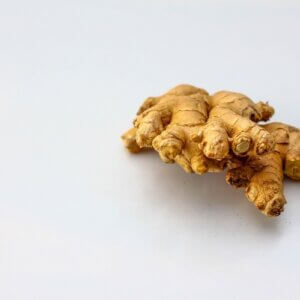



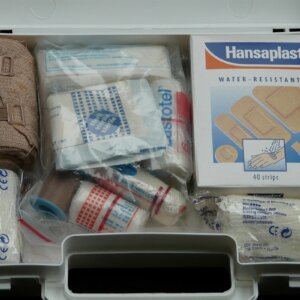
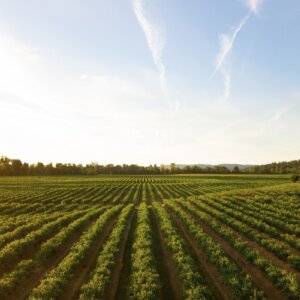




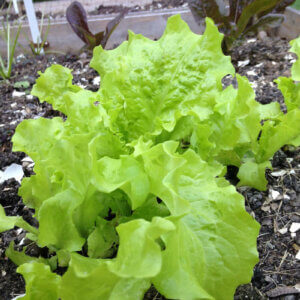


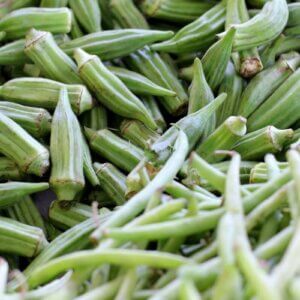

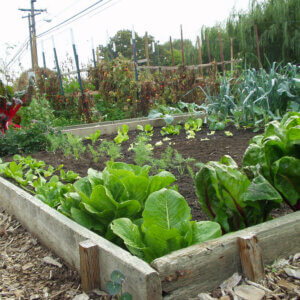
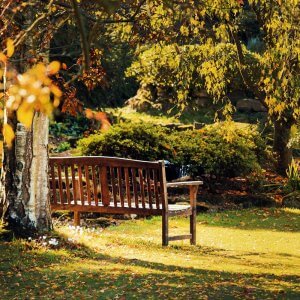
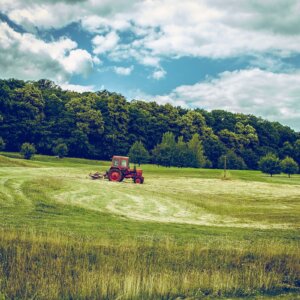
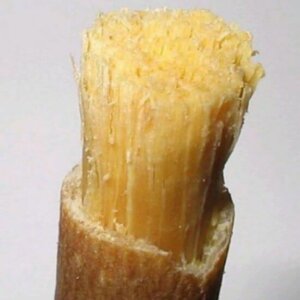
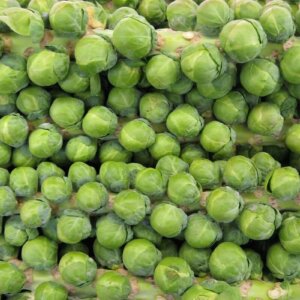
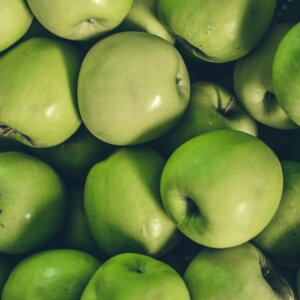
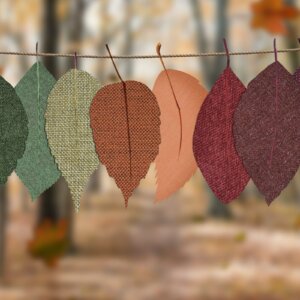

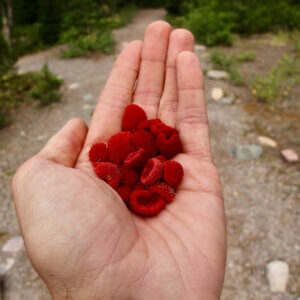

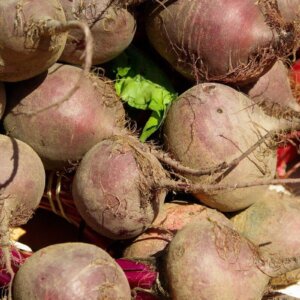
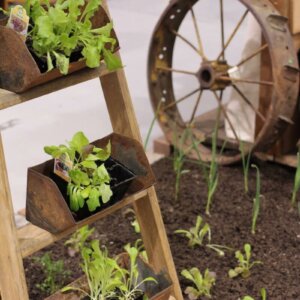



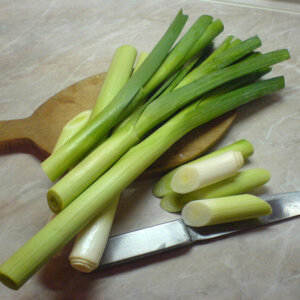


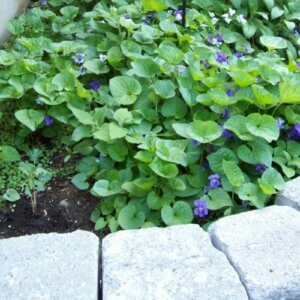
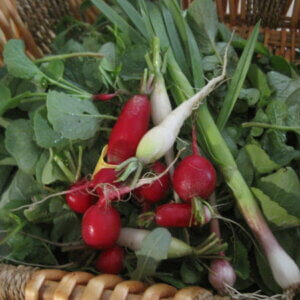
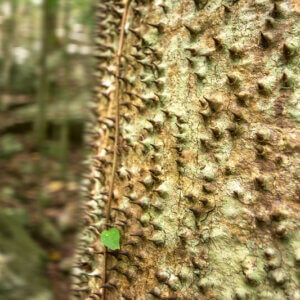


Leave a Reply